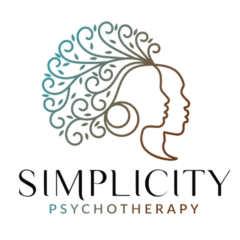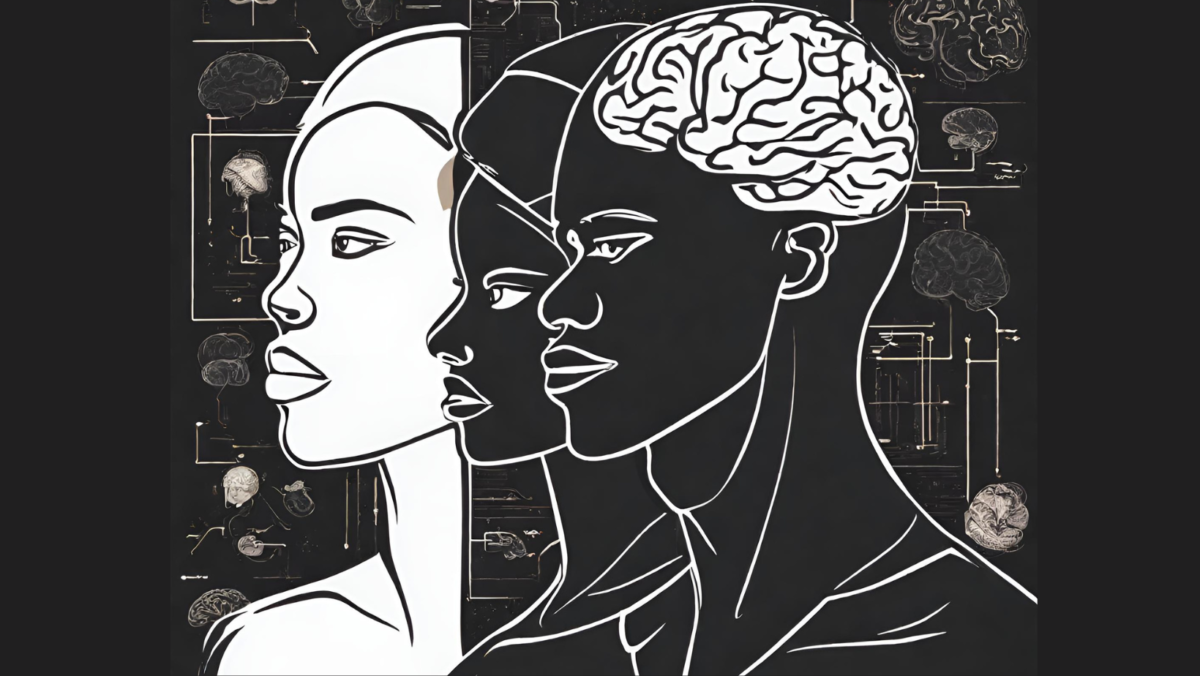Eye Movement Desensitization and Reprocessing (EMDR) therapy has gained significant recognition for its effectiveness in treating various mental health issues, particularly trauma-related disorders. However, like any therapeutic intervention, EMDR sessions may occasionally lead to side effects, with headaches being one of the most commonly reported. In this blog, we delve into the prevalence of headaches after EMDR sessions and offer practical tips to prevent and manage them effectively.
Are headaches common after EMDR sessions?
Headaches are indeed a frequent occurrence following EMDR sessions, albeit not universal. While not everyone experiences headaches post-EMDR, they are reported by a notable portion of individuals undergoing this therapy. The reasons behind this phenomenon can vary, but several factors contribute to the likelihood of experiencing headaches after EMDR:
a) Emotional Release: EMDR sessions often involve revisiting traumatic memories or distressing experiences. This emotional processing, while therapeutic in the long term, can sometimes trigger physical symptoms. Post session headaches are experienced in the immediate aftermath of the session.
b) Eye Strain: The hallmark of EMDR therapy involves rapid, rhythmic eye movements, which can lead to eye strain. That stain may contribute to headaches, especially in individuals prone to visual sensitivity.
c) Tension Release: EMDR may induce muscle tension, particularly in the neck and shoulders. Muscle tension may build as the body reacts to the emotional processing occurring during the session. This tension can manifest as headaches post-treatment.
d) Dehydration: Prolonged EMDR sessions may lead to dehydration, a common trigger for headaches. Sessions conducted in warm environments may provoke a similar reaction.

Tips to Prevent EMDR Headaches:
Given the potential for headaches post-EMDR, it's essential to adopt strategies to mitigate their occurrence and manage them effectively if they arise. Here are some practical tips to consider:
a) Hydration: Staying adequately hydrated before, during, and after an EMDR session can help prevent dehydration-related headaches. Carry a water bottle and ensure regular intake of fluids throughout the day, particularly on session days.
b) Eye Care: Minimize eye strain during EMDR sessions by taking breaks as needed, blinking regularly, and practicing relaxation techniques for the eyes. Some individuals find relief by using lubricating eye drops before and after the session to alleviate dryness and discomfort.
c) Relaxation Techniques: Incorporate relaxation techniques into your pre- and post-EMDR routine to reduce muscle tension and promote overall well-being. Deep breathing, progressive muscle relaxation, and mindfulness meditation can help alleviate stress and prevent tension-related headaches.
d) Gentle Physical Activity: Engage in gentle physical activity such as walking or stretching before and after EMDR sessions to promote circulation and release muscle tension. Avoid intense workouts immediately before or after sessions, as they may exacerbate headaches.
e) Communication with Therapist: Openly communicate with your EMDR therapist about any discomfort or side effects experienced during or after sessions. Your therapist can tailor the session to accommodate your needs and provide additional support or resources to address headache symptoms.
f) Post-Session Self-Care: After an EMDR session, prioritize self-care activities that promote relaxation and emotional grounding. This may include taking a warm bath, practicing soothing activities such as reading or listening to music, or engaging in creative expression through art or journaling.
g) Consultation with Healthcare Provider: If headaches persist or become severe despite preventive measures, consult your healthcare provider to rule out underlying medical conditions and explore appropriate treatment options. Your healthcare provider may recommend lifestyle modifications, over-the-counter pain relievers, or other interventions to manage headache symptoms effectively.
Put It All Together
While headaches are a common side effect of EMDR sessions, proactive measures help minimize their occurrence and alleviate discomfort. The good news is you can effectively prevent and manage headaches post-EMDR. Incorporating relaxation techniques, physical activity, post-session self-care and staying hydrated help minimize symptoms.
Remember that each individual's experience with EMDR is unique. It is essential to tailor these strategies to your specific needs and preferences. With a comprehensive approach to headache prevention and management, you can optimize the therapeutic benefits of EMDR while minimizing potential side effects.
The material provided in this blog post was generated based on a combination of general knowledge about EMDR therapy, trauma treatment, and headache management, as well as common practices and recommendations in psychology and healthcare. The content was crafted to align with established principles and strategies used in managing the side effects of therapy sessions and promoting overall well-being.
The information presented reflects a synthesis of typical advice and recommendations that might be found in resources such as academic journals, clinical guidelines, expert opinions, and patient education materials.

I’m Rayvéne Whatley a Licensed Professional Counselor in Georgia, Louisiana, and Texas. I enjoy empowering you to remove the mask of other people’s expectations and have the audacity to be yourself. I have a particular passion for Black man and women cope with anxiety and challenge expectations by reexamining beliefs that no longer suit their desires.
Note: While the information above is intended to provide insight as you begin your journey they are not intended to replace the guidance of a trained professional. Exploring these concerns in the presence of a licensed counselor or other licensed professional may provide deeper insight and assist in managing more multifaceted concerns that may arise.


